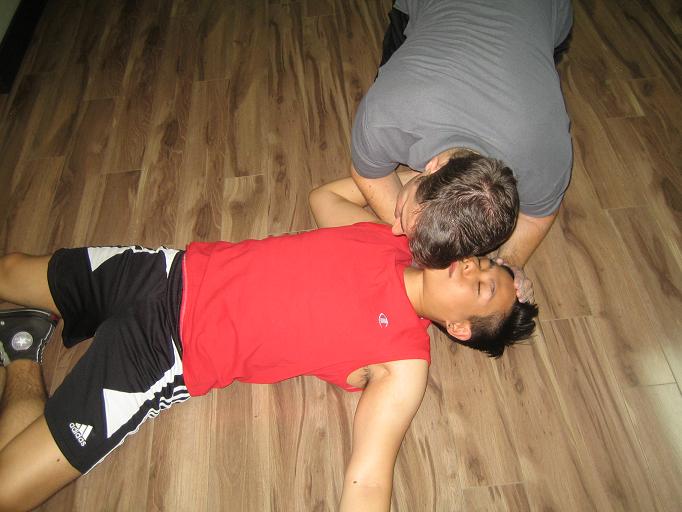Overview
Fainting is a short-lived episode of unconsciousness caused by an abrupt drop in blood pressure. The most expected cause of this unexpected drop will either be some variation in the blood vessels or the heartbeat itself.
Blood vessels constantly regulate their width to guarantee constant blood pressure. For example, the vessels contract (tighten) when we stand up to offset the effects of gravity. Short-term low blood pressure can be caused by various occasions that prompt blood vessels to amplify (expand), including extreme heat, emotional anguish or pain. The deficiency of blood to the brain causes loss of consciousness.

Most fainting will pass fast and won’t be severe. Generally, a fainting incident will only last a few seconds, though it will make the person feel ill and recovery might take several minutes. If a person doesn’t recover fast, always seek urgent medical assistance.
Symptoms of Fainting
The symptoms of a faint include:
- Faintness
- Dizziness
- A whitish face
- Perspiration
- Intensified nervousness and restlessness
- Vomiting
- Collapse
- Unconsciousness, for a few seconds
- Complete recovery after a few minutes.
Sometimes, a collapse might be caused by a more severe incident such as a stroke or a disruption in the normal heart rhythm. A fainting episode may be telling you something is wrong and additional examination is sometimes vital.
If a person complains of breathing difficulty, chest pains or heart tremors, or if the pulse is quicker or slower than expected, the person should see a GP. Also, indistinct speech, facial droop or weakness in any limbs are signs of a severe problem.
